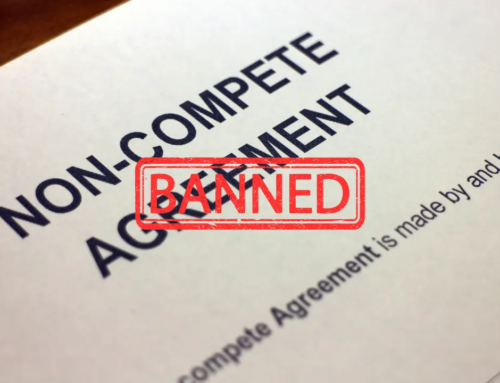You’ve probably seen recent promotions circulating in the media for Employee Retention Credit (ERC). Unfortunately, the IRS says that these advertisements are an attempt to con ineligible people into claiming the ERC. The issue has grown widespread enough to land on the IRS’s annual “Dirty Dozen” list, representing the year’s worst tax scams.
Primarily based on inaccurate information, the promotions are generally related to eligibility for and computation of the credit. The promoters are using aggressive marketing tactics to mislead businesses into thinking they can claim these credits; however, there are very specific guidelines around the ERC.
What is the ERC?
The ERC is a refundable tax credit designed for businesses that continued paying their employees while fully or partially shut down due to the COVID-19 pandemic or businesses with a significant decline in gross receipts in 2020 and 2021.
The credit isn’t available to individuals. However, advertisements and websites claiming how easy it is to qualify for the credit have led many individuals to believe they’re legitimately entitled to it. Undue pressure has been placed on tax professionals from clients wanting to claim the ERC, even when the tax professional thinks the client isn’t eligible.
Available for a Limited Time Only
People considering filing for these claims should be aware that ERCs are only valid during the pandemic for a limited group of businesses. As always, business owners are responsible for the accuracy of the tax return information. Falsifying tax form information can lead to civil and criminal penalties.
As the number of illegitimate and ineligible claims rises, the IRS is actively auditing and conducting criminal investigations related to false claims. Trained auditors in the IRS Small Business/Self-Employed division are examining these claims closely as the Criminal Investigation Division seeks out promoters of these fraudulent claims.
The IRS urges tax professionals not to file ERCclaims for their clients if they believe the potential applicants aren’t eligible. The IRS’s Office of Professional Responsibility even sent a special bulletin to accountants detailing core responsibilities for ERC claims.
How to Spot the Scammers
What do you need to watch out for if you’re a business owner who has claimed or planning to claim the ERC? Suspicious promoters make broad arguments suggesting that all employers are eligible without evaluating an employer’s individual circumstances. Many third parties also don’t inform employers that the ERC cannot be claimed on wages reported as payroll costs in obtaining Paycheck Protection Program loan forgiveness.
Many of these shady advertisers exist solely to collect your personally identifiable information and use the data for identity theft. Please report instances of IRS-related phishing schemes or fraud to the IRS at phishing@irs.gov and the Treasury Inspector General for Tax Administration at 800-366-4484.




